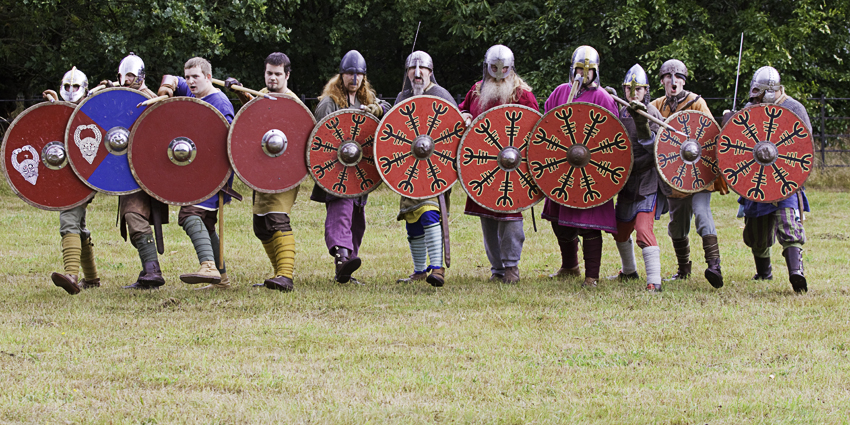Dr Janine Bradbury, Lecturer in English Literature

What are your research interests?
Broadly speaking, I’m very interested in issues of race, gender, and performativity in African American literature and American popular culture. My teaching and research spans a diverse range of topics including passing-for-white novels; drag; American professional wrestling; Black hair, beauty, and stylisation; critical race theory, and Afrofuturism.
What was your last publication about?
I’m putting the finishing touches to a book chapter about an American pro-wrestler named ‘Goldust’ who, back in the mid-1990s, toyed with androgyny and drag in his in-ring performances. Gold, glitter, and camp are three of my favourite things.

What are you currently working on?
I’m currently reworking my doctoral research on literary passing into various forms, and I’m drafting an article on the performer/actress Grace Jones.
Which modules are you teaching on this year? (UG & MA level)
Writing for Academic Success, Reading Texts 1, Literature at Work, American Literature, Space and Place, Gender and Sexualities, and American Literature in the Twentieth Century. I supervise undergraduate and MA dissertations (including several on African American women’s writing). I also contribute to modules on our MA in Contemporary Literature.
Is there a topic or text you especially enjoy teaching?
I obviously love teaching things related to my research interests, especially where there is scope for interdisciplinary learning and teaching (film clips, music, advertising, as well as literature). Highlights of the semester include lectures and seminars on Jennie Livingston’s documentary Paris is Burning (1991), the Harlem Renaissance, and Sapphire’s Push (1996). But I especially love working with our first year students on their writing skills – their energy and enthusiasm is infectious.
What do you read for pleasure, when you’re not researching?
I’m a big fan of contemporary American crime thrillers and I really like Attica Locke’s novels (The Cutting Season is my favourite, and I’m halfway through Pleasantville – she’s also a writer for the TV series Empire). At the risk of sounding like I’m plugging it, the last book I devoured in one sitting was written by my wonderful colleague, Naomi Booth. It’s called The Lost Art of Sinking and I was utterly absorbed by it. I love sports writing and commentary –specifically anything to do with pro-wrestling. I adore books as objects and collect first and rare editions. I like books about art (books about Jean-Michel Basquiat, Kara Walker, Ellen Gallagher, and Lorna Simpson are on the coffee table at home). I also really enjoy podcasts (RuPaul has a great show, I was engrossed by Serial), audiobooks, and American TV boxsets (The Walking Dead, Mad Men, etc.).













 Local folklore has it that the crevice is haunted by a ‘boggle’, or goblin.
Local folklore has it that the crevice is haunted by a ‘boggle’, or goblin.





